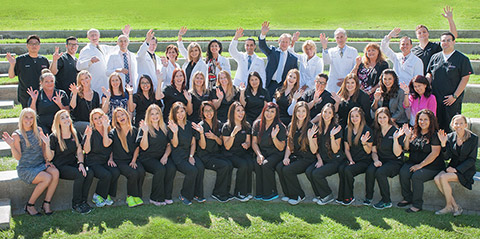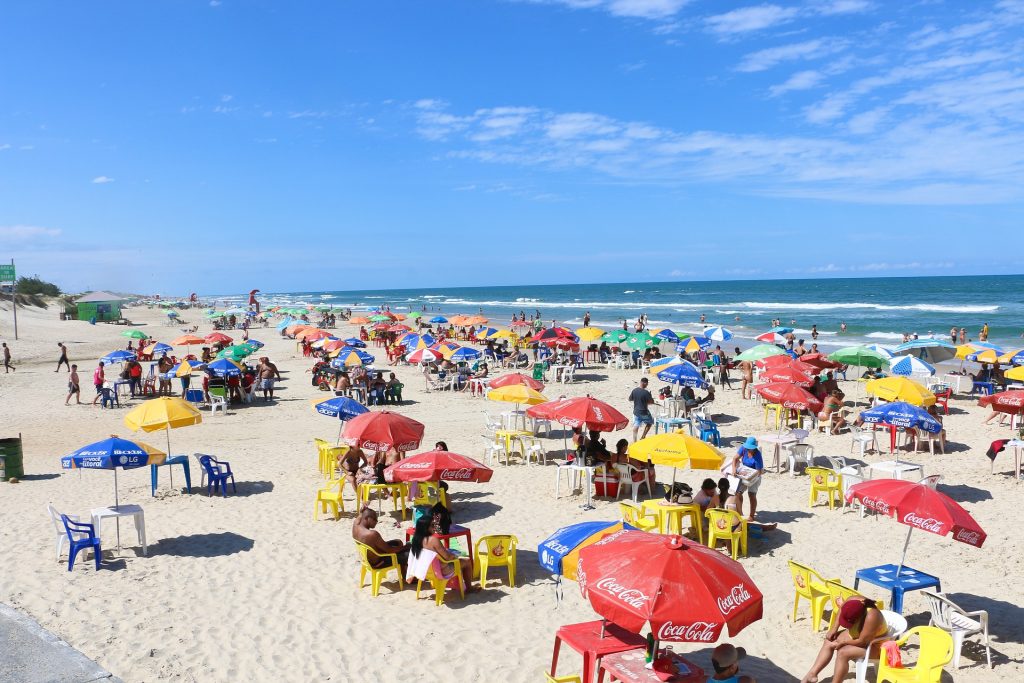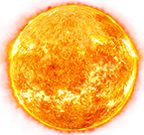
Here are some tips on how to prevent heatstroke, heat exhaustion and dehydration:
- Drink plenty of fluids (avoid carbonated or caffeinated drinks since these tend to dehydrate the body).
- Stay out of the sun between mid-morning and mid-afternoon (this tends to be the warmest time of the day).
- Stay inside in air conditioning (babies and elderly).
- Dress in lightweight clothes.
- Sleep with lightweight breathable covers at night.
- Try to exercise in the early morning or in the evening.
- Cool down with a cold shower or bath.
- Avoid strenuous activities.
- Wear sunscreen and a hat when outside.
What is Heatstroke?
Heatstroke occurs when the body isn’t able to control its own temperature and the body loses the ability to sweat. This is caused when body temperature rapidly rises to 105F within 10-15 minutes. This is common in people 65 years or older. Heatstroke can cause permanent damage and even death. There are some warning signs to be on the lookout if you think someone is having a heatstroke: red, hot dry skin (no sweating), rapid pulse, headache, dizziness, nausea and high body temperature (above 103F). If someone is showing any of these signs, you need to get the person out of the sun and call 911. Anyone who is having a heatstroke needs immediate medical attention.
What is Heat Exhaustion?
Heat exhaustion is an illness that can precede heatstroke. The symptoms of heat exhaustion include: heavy sweating, rapid breathing, paleness, muscle cramps, fatigue, dizziness, vomiting, fainting and a fast, weak pulse. When a person is exposed to the sun, body temperature rises and fluids can become unbalanced. Heat exhaustion can cause a person to feel very tired and even faint. To prevent heat exhaustion, try to stay out of the sun, wear sunscreen, and drink plenty of fluids. Take cool showers and get plenty of rest. If someone is having any of these symptoms, give the person some fluids, move them out of the heat, have them cool down with a cool shower, apply a wet cold sheet, and if the patient doesn’t rapidly improve, call 911.
What is Dehydration?
Dehydration occurs when your body doesn’t have as much water and fluids as it should. It can be mild, moderate or severe, based on how much of your body’s fluid is lost or not replaced. Severe dehydration is a life-threatening emergency. When we lose too much water, our bodies become out of balance or dehydrated, which can lead to death. There are many ways that our body loses water such as: sweat, urination, and bowel movements. Along with water, we also lose a small amounts of salts. It’s important to consume the same amount of fluids you lose. Some causes of dehydration are: fever, heat exposure, exercise, diarrhea, and medical conditions such as diabetes. If anyone is showing any of the following signs such as dry mouth, increased thirst, weakness, palpitations, confusion, decreased urine output, diarrhea more than 2 days, fever above 103F, headache, or a seizure, seek immediate help.
The information provided is for general interest only and should not be misconstrued as a diagnosis, prognosis or treatment recommendation. This information does not in any way constitute the practice of medicine, or any other health care profession. Readers are directed to consult their health care provider regarding their specific health situation. Marque Medical is not liable for any action taken by a reader based upon this information.


